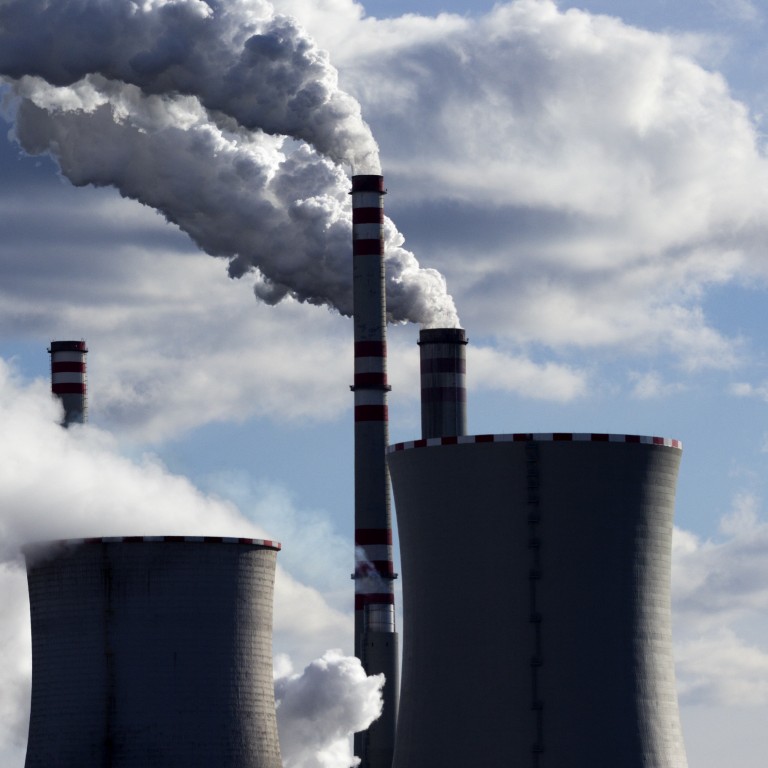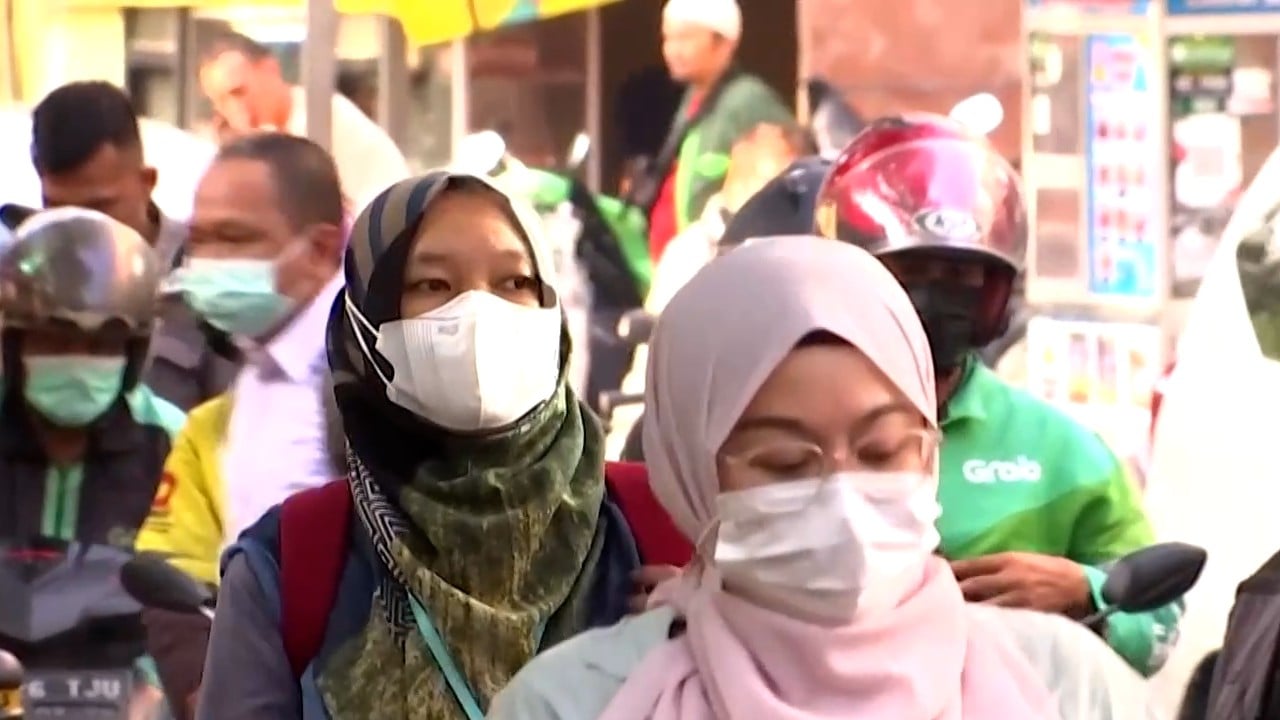
Indonesia’s methane emissions from coal are 8 times worse than reported, jeopardising climate commitments, think tank says
- The world’s third-largest coal miner, after China and India, undercounts methane emissions from production of the fuel, according to analysis
- Indonesia neglected to include methane releases from underground reserves. The discrepancies could jeopardise Indonesia’s efforts to meet reduction commitments
The London-based climate and energy think tank, estimated that based on its studies, Indonesia’s coal mine methane (CMM) pollution is up to eight times higher than official figures.
‘Outrageous’: Indonesians say plan to tax high-emissions vehicles hurts the poor
The group said Indonesia was using outdated methods to estimate its emissions, and was also failing to report CCM from underground coal-mining activities, which can be far higher than from surface mining.
The Energy and Mineral Resources Ministry said the agency needs to review the findings, a spokesperson said on Monday, a holiday in Indonesia.
The discrepancies could jeopardise Indonesia’s efforts to slash releases of the gas and meet emissions reductions commitments under the Global Methane Pledge. More than 150 nations have signed the agreement, vowing to cut methane 30 per cent by the end of this decade from 2020 levels.
Methane is the second-largest contributor to global warming after CO2, according to the United Nations Environment Programme (UNEP).
Methane is the primary component of natural gas, but it can also leak during coal production when rock strata or coal seams are fractured and operators routinely vent methane into the atmosphere to reduce health and safety risks for workers. Few mines use available above-ground capture technology.
As Jakarta chokes, Indonesian activists slam government inaction over pollution
To improve accuracy, Indonesia should collect data and analyse emissions from individual mines and distinguish between emissions from underground and surface mines when it reports the releases, according to Ember.
Methane has more than 80 times the warming power of carbon dioxide during its first 20 years in the atmosphere, and clamping down on avoidable emissions from fossil fuels is one of the cheapest, fastest ways to avoid levels of climate change that scientists agree would be catastrophic.
Indonesia must plan to monitor its emissions, and improve the accessibility of its coal mining and methane data, to help fully achieve the goals of the Global Methane Pledge
Activists urged the government to improve its CCM management, identify which regions produced the most CCM, and address the under-reporting of methane pollution.
“Indonesia must plan to monitor its emissions, and improve the accessibility of its coal mining and methane data, to help fully achieve the goals of the Global Methane Pledge,” said Dorothy Mei of Global Energy Monitor (GEM) in a statement.
Hendra Sinadia, executive director of the Indonesian Coal Mining Association (APBI), said the data gap might be caused by a lack of standards in the measurement method, especially from fugitive emissions that are not reported by the companies.
“The measurement is not standardised … especially for the fugitive emissions which has a large contribution,” he said.


.png?itok=arIb17P0)
